tax is not a dirty word
Practical tips to prevent you becoming a tax fugitive.
 When I was young and foolish and earning about $10,000 a year, tax time was my favourite time. I earned so little money that the government actually gave me some back. I quite liked this system, and I assumed it would go on happening forever, which meant that actual adulthood came as a bit of a shock. It turns out taxes work quite differently to what I once thought. Who knew? For every dollar you earn, a percentage of it goes towards government spending on things like infrastructure, education, healthcare and other public services. If you earn over a certain income, you have to pay taxes. So it’s important to understand how they work, especially if you’re a freelancer, sole trader or small business owner. It’s no use hiding under a pile of receipts.
When I was young and foolish and earning about $10,000 a year, tax time was my favourite time. I earned so little money that the government actually gave me some back. I quite liked this system, and I assumed it would go on happening forever, which meant that actual adulthood came as a bit of a shock. It turns out taxes work quite differently to what I once thought. Who knew? For every dollar you earn, a percentage of it goes towards government spending on things like infrastructure, education, healthcare and other public services. If you earn over a certain income, you have to pay taxes. So it’s important to understand how they work, especially if you’re a freelancer, sole trader or small business owner. It’s no use hiding under a pile of receipts.
To help ease your pain, and in partnership with the friendly folk at Xero, we sat down with accountant and tax agent Diana Todd from Balance Tax to get some practical, no nonsense, tax time tips. Try saying that three times fast.
TRACK YOUR EXPENSES Every business expense you don’t track is a business expense you don’t claim, and that means money out of your pocket at tax time. “Start tracking your business expenses from the beginning,” Diana says. “It’s really easy for people to know how much money they’re making in sales, but where they miss out is expenses. They wake up after six months and say, ‘Wow, I have no idea how much money I’m actually spending.’” And that means missed deductions. To solve this problem, hang onto your receipts and integrate expenses with your bookkeeping software (more on this below).
SEEK HELP Not that kind of help. Well, maybe that kind of help; self-care is important. But also, see an accountant. And see them early, not after 10 years of avoiding the ATO. “A big mistake I see is people not seeking professional help early enough,” says Diana. “Most people starting a business now didn’t have financial literacy as part of their schooling. So it really pays to book an intro session with your accountant. That’ll give you the tax foundations, so you know if you’re tracking the right things. You don’t want any nasty surprises.”
KEEP GOOD RECORDS Creatives are famously not great with money. That’s why we’re creatives and not financial derivative traders. But this isn’t the end of the story: anyone can become good at money, and taxes. You just need to get organised. “You need structure in your business, and you need to keep good records,” Diana says. “It’s so important to have your admin running smoothly. That really takes the stress out at tax time.” Diana recommends everyone start with some accounting software (Xero is her personal favourite) to digitize their business and keep everything in one place.
PUT ASIDE MONEY AS YOU GO This one sounds obvious, but you’d be surprised how many people neglect it. Remember, as a sole trader or small business owner, the money you’re earning isn’t all yours. Some of it belongs to the government, and you’ll need to pay it back. “This is the biggest difference with being self-employed,” Diana says. “There’s no employer to withhold tax from your pay. You have to do it all yourself. So my biggest hack is to keep good money habits throughout the year. Start by putting away 20% if you’re not registered for GST, and 30% if you are.” Exactly how much you save from every job will depend on your overall income, but remember there’s no harm in being conservative. Better to set aside too much tax, and have free money waiting for you in July, than too little. Create a new business account, put your tax in there, and do not touch. Seriously, no touch-y.
FACE YOUR TAX Diana says that the only time people really, really get into tax trouble is when they ignore the ATO. The tax office doesn’t like tax evasion, but it really doesn’t like being ignored. “It’s always better to face your fears,” Diana says. “The one thing the ATO really hates is when people run away from them.” What that means is that, if you’ve neglected your taxes and you’re getting worried, it’s always, always better to simply pick up the phone. Don’t bury your head in the sand. “If you reach out and explain your situation, or have your accountant do it for you, the ATO is usually quite understanding,” Diana says. “They’ll often come up with a payment plan.”
DIGITISE YOUR RECEIPTS This is one of the easiest things you can do to make tax time simpler. Convert your paper receipts into digital ones. This isn’t 1997, so there’s no reason to be keeping your receipts in a Tupperware box under the bed. And this is where Xero can help. “One thing many people don’t know about Xero is that you can capture bills and receipts automatically using their HubDoc product,” Diana says. “You can store all your documents online and access them anytime, anywhere. It really helps you stay organised at tax time. The other thing people should do is connect their bank feeds so your transactions flow securely into Xero each business day – there’s no need to be keeping Excel spreadsheets anymore.”
PERSONALISE YOUR BOOKKEEPING “Xero out of the box is great, it’s very easy to use, but you can also customise it for your business,” Diana says. What does this mean? Well, for starters, you can rename the categories in your charge of accounts, so they actually make sense for your business. Not everyone needs inventory, or heating and power; you might have other expenses. It’s worth taking some time right at the start to set it up correctly. “This is the best way to generate meaningful tax reports,” Diana says. “And if you don’t know how to personalise your accounting software, Xero has tonnes of online support available, or you can ask your accountant to do it for you.”
These helpful tips were brought to you in partnership with our pals at Xero. Whether you lead a small team or are going it alone, Xero’s online accounting helps you do business, but better. Find out more on the Xero website.



.png&q=80&h=682&w=863&c=1&s=1)

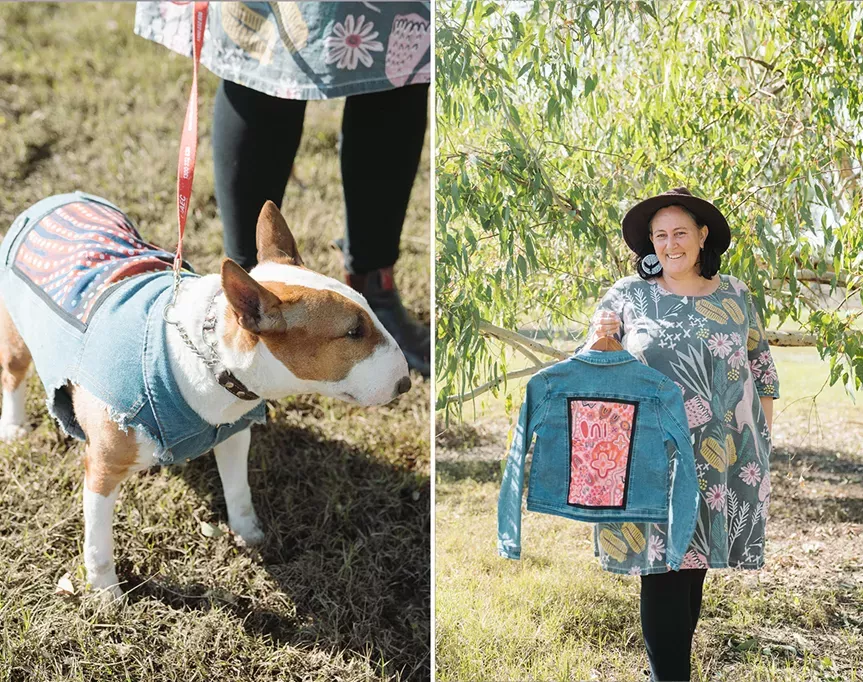

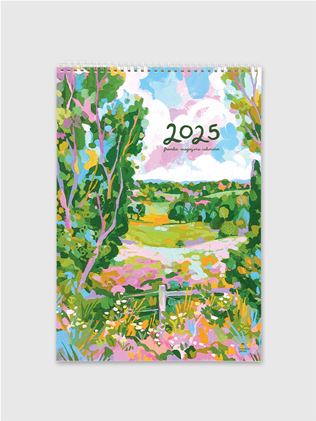
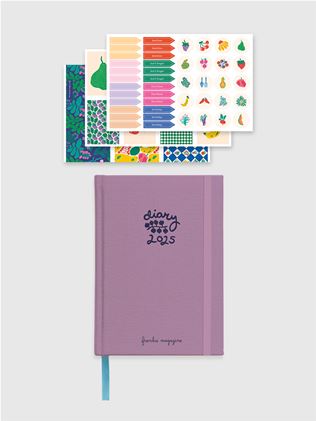
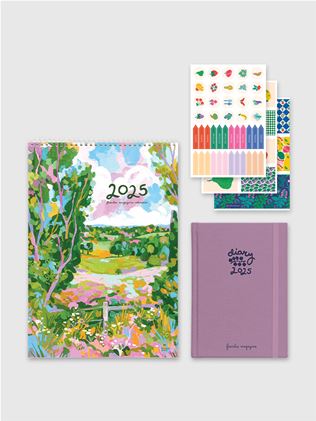
.jpg&q=80&w=316&c=1&s=1)






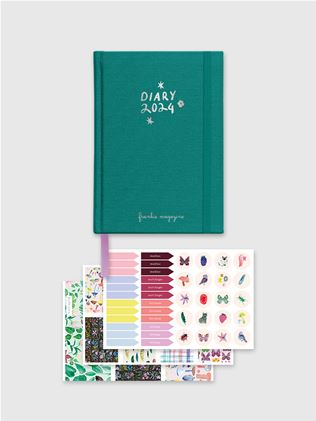



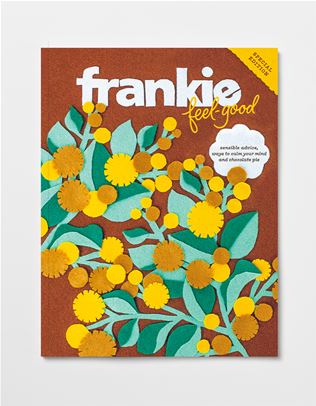






.jpg&q=80&w=316&c=1&s=1)










